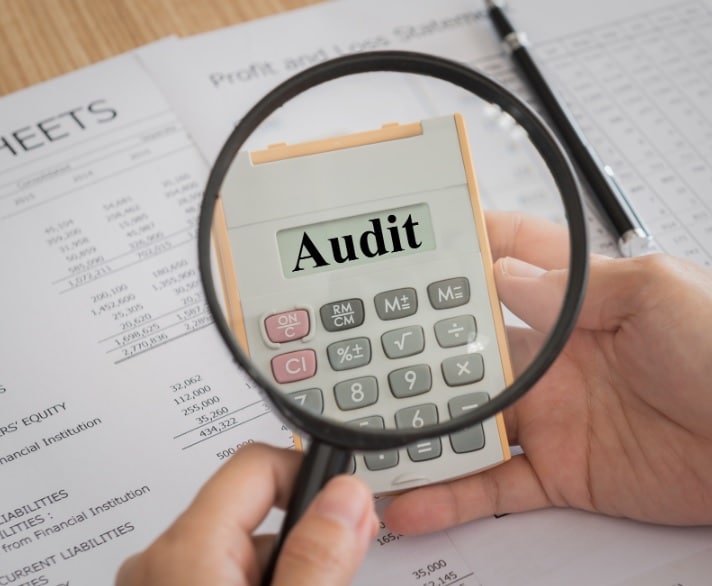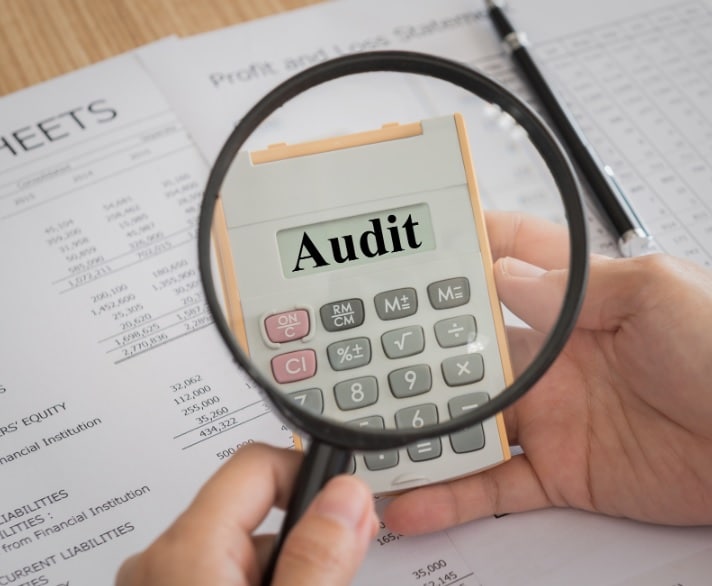IRS Notice CP521: Your IRS Installment Payment Is Now Due
If you received IRS notice CP521, this is a reminder that your IRS monthly installment payment is now due. IRS CP521 should not come as a surprise. It is a priorly arranged installment agreement to pay the amount owed to the IRS. IRS notice CP521 is sent out to remind you that your monthly payment is now due and when to pay it along with your standing balance. Read on, to find out more about form CP521 and how to handle this notice with the assistance of a CPA in Miami or Broward.

What Steps Should You Take If You Receive IRS Notice CP521?
Getting unwanted mail, especially from the IRS, can be disappointing. But remember, all you have to do is open the letter and read notice CP521 carefully. Make sure you know how much is due, and the due date. You must pay the amount due by the due date. You can pay little by little what you can afford or if you can’t pay at the time, contact the IRS immediately.
Setup Installment Payments with the IRS
If you have already been making payments, you know which way it works best for you. If this is the first payment you make, there are several payment methods to choose from.
- Direct Payment with Bank Account: This option is fast, convenient, and highly recommended as you can easily track your payments at no cost to you.
- Electronic Funds Withdrawal (EFW): This is an option available when you file your taxes with a tax professional or with a tax preparation software.
- Debit or Credit Card: Based on your card type, you have several card payment processors to choose from on the IRS site. Keep in mind, a processing fee will be applied.
- Check, Money Order, or Cashier’s Check: You will be provided with an envelope to use. As usual, you tear off the bottom part made payable to U.S. Treasury.
- Cash: You can pay cash at a participating retail store. This method of payment takes 2 business days to post and you must set them up in advance prior to paying.
- Same-day wire: This is something you must check with your bank as they may charge a fee for this service.
- Electronic Federal Tax Payment System (EFTPS): This method of payment is for business as well as individuals that have regular or large payment amounts due. However, enrollment is required prior to paying.
Can I Mail My Payments?
Unless you really must, it is not advised you mail payments. These payments take longer to be processed and the chances of your payment arriving late are also there. If you choose to pay by mail, avoid using cash. Your check or money order should include the required contact information. Such information should include name, address, phone number, Social Security Number, and Tax Year. Make sure you mail your payment to the address on notice CP521.
When You Cannot Pay the Installment
If you cannot afford your monthly amount that’s part of either your monthly agreement or offer in compromise, it may be possible to reduce the amount due. Just make sure you gather the necessary documentation that proves your financial circumstances have changed since the IRS monthly payment plan was arranged.
Payments must be made in a timely manner every month and you can revise your IRS installment agreement, or else you may end up paying more in interest, penalties, and other fees. Whatever you do, try to avoid defaulting on your installment agreement. When this happens, the IRS may seize your assets as a result, and place a levy on your accounts.
When you default on your payment agreement with the IRS, the CP521 form comes with Notice 746, which lists the approximate tax penalties that accrued in your account since it was opened. If the IRS plans to terminate your installment agreement, you will receive notice CP523. However, to avoid default, make sure you pay the amount due as scheduled. Contact them right away to discuss the reasons why you can’t pay.
Do You Want to Revise Your Installment Agreement?
Changing your IRS installment agreement is not as difficult as you may think. You can perfectly review your plan type, the amount due, and due dates online with the IRS Online Payment Agreement tool. This tool allows you to change your due date, the amount due, and change your agreement into a Direct Debit agreement. If you cannot pay the minimum amount, you will complete Form 433-F to explain your financial situation and assist the IRS in calculating what you should be paying. Contact a tax accountant in Pembroke Pines to help you fill out this form.
Some Tips for CP521 Notice
- Keep track of your IRS installment payment due date either through setting a reminder on your phone or calendar.
- You can set up automatic payments from your bank account. Just make sure you have the funds before your payment is due.
- Call the IRS if you have a problem, so you can revise your plan accordingly. This will help you avoid any extra fees or default.
You May Still Have Questions
You may contact the IRS at the number located on top of notice CP521 or you can consult a tax accountant in Miami from My CPA, PA. We can help you figure out what’s the best course of action for your specific situation. It’s time to reduce those extra fees, keep your IRS account in good standing, and ultimately pay the outstanding balance.
Legal Disclaimer
Information Only / No Legal Advice Intended
This publication is designed to provide general information regarding the subject matter covered. It is not intended to serve as legal, tax, or other financial advice related to individual situations. Because each individual’s legal, tax, and financial situation is different, specific advice should be tailored to the particular circumstances. For this reason, you are advised to consult with your own attorney, CPA, and/or another advisor regarding your specific situation.
To ensure compliance with requirements imposed by the IRS, we inform you that any US federal tax advice contained in this communication (including any attachments) is not intended or written to be used, and it cannot be used for the purpose of (i) avoiding penalties under the Internal Revenue Code or (ii) promoting, marketing, or recommending to another party any transaction or matter addressed herein. Always seek advice based on your particular circumstances from an independent advisor. Any disclosure, copying, or distribution of this material, or the taking of any action based on it, is strictly prohibited.






